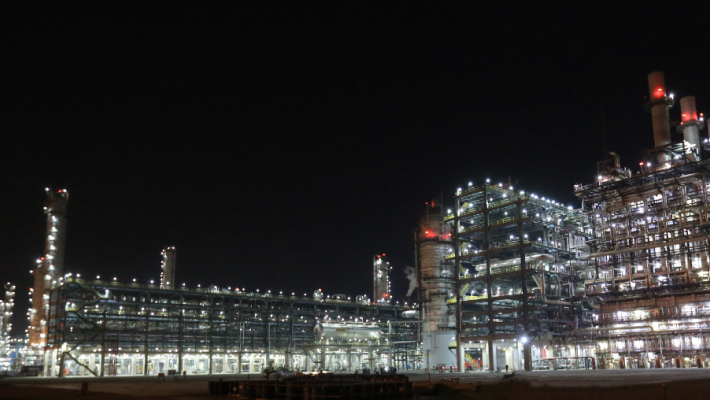Being a growing economy, huge business, and manufacturing hub, India is among the largest users of petroleum products in the world. It has huge requirements for crude oil to produce gasoline and diesel. The everyday import volume of crude oil was around 5 million barrels. Hence, India has become the third-largest importer of oil. The demand for these products is growing because people and businesses need energy.
Despite using petroleum products, the Indian sector is also figuring out a better and more sustainable way to produce them. Companies in this industry are facing challenges, but the chances to improve and expand are also great. New ways of making cleaner energy are changing the Indian petroleum sector. Let’s look at some trends that this industry is following to meet needs and become a bigger player in the global market.
Rising Demand for Petroleum Products
The fuel demand in India is at an all-time high. Economic growth pushes fuel consumption, and India hit a new FY record in 2024. Economic expansion leads to a 5% rise in this fiscal year. This demand means that India has to find ways to produce more petroleum products and do it sustainably.
Shift towards cleaner fuels.
Indian industry cannot ignore the fact that the world is shifting to cleaner energy sources. The country is working hard to balance its growing energy needs with reducing the environmental impact.
A petroleum products company cannot rely solely on gasoline and diesel. They look for sustainable options like biofuels. Energy made from plants and natural gas produces fewer harmful emissions.
Top petroleum products manufacturers in India are leading this change. They are investing in cleaner technologies and processes to reduce their carbon footprint. Companies are innovating processes to generate energy from renewable sources. It is great for both the environment and the economy.
The government is also promoting cleaner energy. New policies and initiatives aimed at waste reduction and energy efficiency. They are making cleaner energy sources more accessible and practical.
Rising demand for specialty petroleum products
Demand for lubricants, bitumen for roads, and calcined petroleum coke is increasing. These products are used in the construction and steel manufacturing industries. The growth of the Indian market leads to a rise in the demand for such specialized products.
Calcined petroleum coke manufacturers in India are serving this shift. They provide materials to support various industrial processes. This shows how petroleum companies are adapting to cater to niche markets and industrial applications. These companies can differentiate themselves in a crowded market and offer more value to their customers.
Expanded refining capacity
Manufacturers are investing in new refinery projects to meet the rising demands. They are producing more petroleum products for domestic and international buyers. These new projects will help India become a key exporter of petroleum products.
The collaboration between the public and private sectors fuels this expansion. Both government and industry players improved the infrastructure and increased production capacity. This teamwork has led to India’s identity as a significant player in the global petroleum market.
Technological advancements in petroleum production
Companies are utilizing Artificial Intelligence and automation for efficient operations. The production process has improved with these tools. Automation reduces costs, and innovative product technology also leads to safety.
Top petroleum product manufacturers in India are using AI. Their supply chains are optimized, their operations smoother, and they have become cost-effective. Automation makes the production processes easier. It reduces the risk of human error in production.
Technology is helping companies to use renewable energy to produce hydrogen. Recent collaborations show the broader efforts to adopt greener technologies and reduce the carbon footprint of petroleum production.
Focus on exports
India’s presence in the global petroleum products export market is growing. For instance, the global footprint of some companies is getting bigger with partnerships in the U.S. and Europe. This includes collaborations in refining, petrochemicals, and oil trading. Certain firms are exploring opportunities in Africa and the Middle East. They supply petroleum products and are even considering refinery setups in these regions. Their aim is to tap into markets where the demand for energy is growing.
These moves help Indian companies to access new markets. They can secure resources and strengthen their supply chains for long-term growth in the competitive global petroleum industry. They are leveraging the rise in the global demand for their products. It makes it easier for Indian companies to compete in the international market.
Conclusion
Trends in the Indian petroleum products market show how the industry is growing to meet new demands. The shift to cleaner fuels and focus on specialty products will help top petroleum products manufacturers in India remain competitive.
Indian petroleum products companies are preparing for future growth. They are expanding their refining capacity and implementing the latest technologies. There is great potential for India to lead in the global petroleum products market. The future looks bright as India works to balance energy needs with environmental responsibilities. The Indian petroleum sector can thrive with adaption. They are setting a strong example for other nations in the quest for sustainable energy solutions.






 no updates
no updates